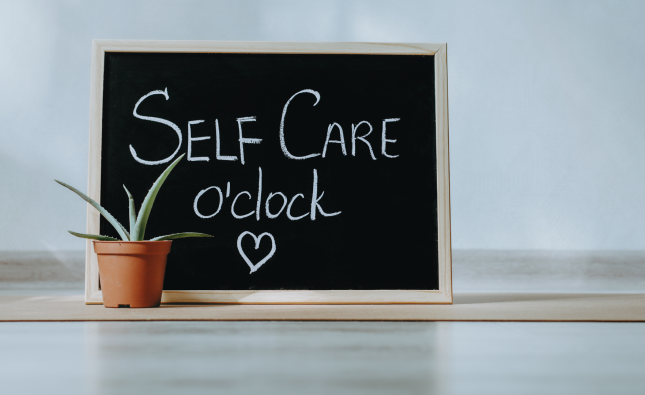
Dealing with oily skin can be a challenge, especially during hot and humid weather. Excess sebum production can leave your skin shiny, greasy, and prone to breakouts. To help you combat oily skin and keep it under control during the heat, here are some effective tips:
1. Cleanse regularly: Start by cleansing your face twice a day with a gentle cleanser formulated for oily skin. This helps remove excess oil, dirt, and impurities that can clog pores and contribute to sebum production. Avoid harsh cleansers that can strip away too much oil, as this can trigger the skin to produce even more sebum.
2. Use oil-free products: Opt for oil-free moisturizers, sunscreens, and makeup products. Look for non-comedogenic labels, which means they are less likely to clog pores and cause breakouts. Lightweight, gel-based, or water-based products are ideal for oily skin as they provide hydration without adding extra oil.
3. Blotting papers or oil-absorbing sheets: Keep blotting papers or oil-absorbing sheets on hand to quickly blot away excess oil throughout the day. Gently press them onto your skin, especially in areas prone to oiliness such as the T-zone (forehead, nose, and chin). This helps remove surface oil without disturbing your makeup.
4. Exfoliate regularly: Incorporate exfoliation into your skincare routine to remove dead skin cells and unclog pores. Choose gentle exfoliants with ingredients like salicylic acid or alpha hydroxy acids (AHAs) that help control sebum production and promote a smoother complexion. However, be mindful not to over-exfoliate, as it can irritate the skin and trigger more oil production.
5. Hydrate adequately: Although it may seem counterintuitive, keeping your skin well-hydrated is essential for managing oily skin. When the skin is dehydrated, it can overproduce sebum to compensate for the lack of moisture. Use a lightweight, oil-free moisturizer that provides hydration without adding excess oil.
6. Avoid touching your face: Try to avoid touching your face throughout the day, as it can transfer oil and bacteria from your hands onto your skin, leading to breakouts. Also, be cautious of using your phone against your face, as it can accumulate oil and bacteria.
7. Stay hydrated and eat a balanced diet: Drink plenty of water to stay hydrated from within. A well-balanced diet rich in fruits, vegetables, and whole grains can also contribute to healthier skin. Avoid greasy, fried, and sugary foods that can exacerbate oiliness.
8. Manage stress levels: High-stress levels can trigger hormonal imbalances that may increase sebum production. Find healthy ways to manage stress, such as practicing relaxation techniques, exercise, or engaging in activities you enjoy.
Remember that everyone’s skin is unique, so it may take some trial and error to find the best routine and products for your oily skin. If you have persistent concerns or severe acne, consider consulting a dermatologist for personalized advice and treatment options.










